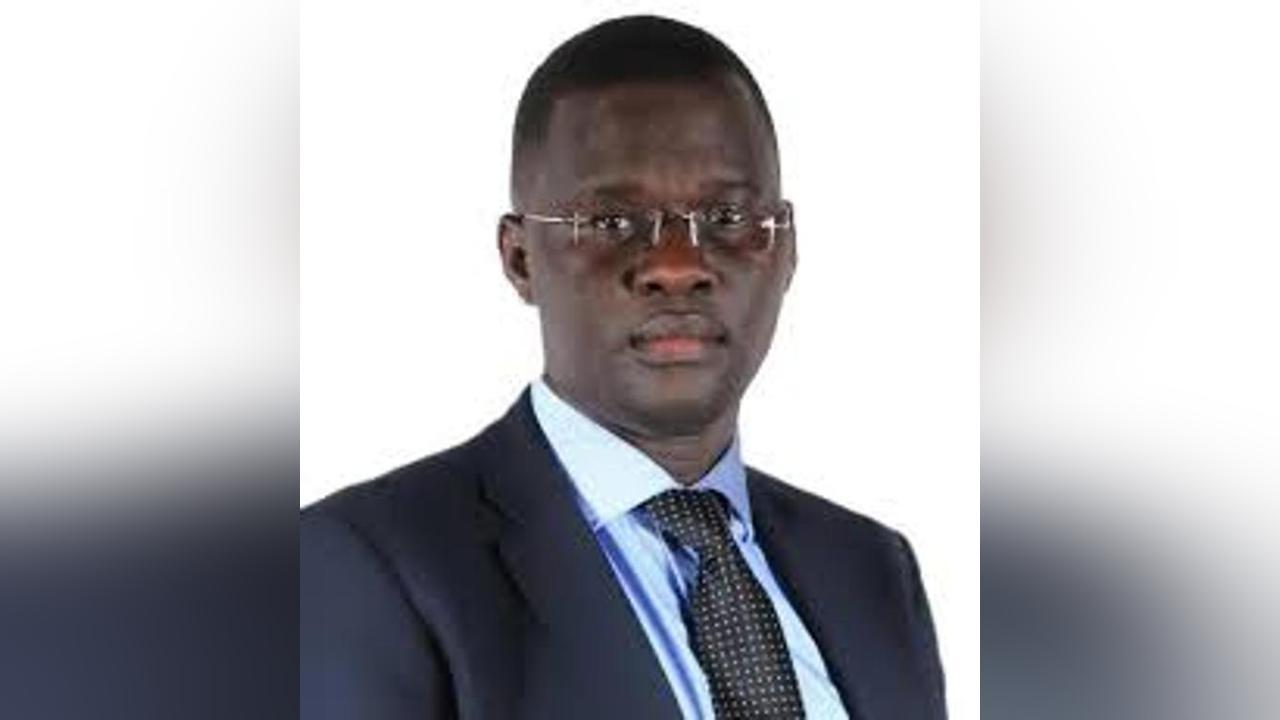Africa-Press – Uganda. As Parliament proceeds with the processing of the Uganda People’s Defence Forces (UPDF) Amendment Bill 2025, legal experts and civil society actors have raised serious concerns about the bill’s constitutionality, intentions, and potential consequences if enacted in its current form.
Human rights lawyer Nicholas Opiyo, speaking during a deep-dive discussion on the bill, voiced alarm over what he described as a growing trend of legislative manipulation to serve elite interests at the expense of ordinary Ugandans.
“Parliament is supposed to be a representative of the people,” Opiyo stated, “but it seems to me Parliament now represents the interests of the ruling elites, not the public’s view.”
At the heart of the criticism is the concern that the UPDF Amendment Bill is being fast-tracked to overturn a Supreme Court ruling—a move Opiyo argues would violate Article 92 of the Constitution. The article prohibits Parliament from enacting legislation that seeks to alter or reverse court decisions concerning specific parties.
“This Bill is brought in absolute bad faith to circumvent the findings of the Supreme Court,” Opiyo asserted during the discussion moderated by journalist Solomon Serwanjja, who questioned whether the bill was genuinely introduced in good faith.
Among the most controversial elements highlighted by Opiyo is the expanded jurisdiction and structure of the Military Court Martial. Originally established to uphold military discipline, the court has increasingly taken on criminal cases—raising alarms about due process and judicial overreach.
“The military court system was intended for military discipline, not for criminal trials,” Opiyo argued. He further noted that the composition of the court raises issues around legitimacy and independence.
“The qualifications of people who are supposed to sit on that court are highly questionable,” he said, highlighting the absence of security of tenure for members who are appointed on a yearly basis, potentially undermining their impartiality.
Opiyo also shed light on the neglect faced by injured UPDF veterans, particularly those in the disability unit based in Mubende. “If you go to Mubende… you will see the pain that people who have sacrificed their lives to serve this country are going through. Some of them have lost limbs,” he said, calling attention to the contradiction between the state’s legislative priorities and the welfare of its soldiers.
Despite the grim outlook, Opiyo expressed optimism in the rise of a new generation within civil society—leaders who recognise the need for renewal and institutional accountability.
“I think there is a new crop of leadership in the civil society space… that do not want to hold on to this thing until they drop dead,” he said, emphasising the importance of civic vigilance and institutional reform.
The UPDF Amendment Bill 2025 is shaping up to be one of the most contentious legislative proposals in recent years, with critics warning it could undermine judicial independence, violate constitutional provisions, and entrench authoritarian control under the guise of military reform. As Parliament continues its deliberations, public scrutiny and legal pushback are expected to intensify in the weeks ahead.
Source: Nilepost News
For More News And Analysis About Uganda Follow Africa-Press






